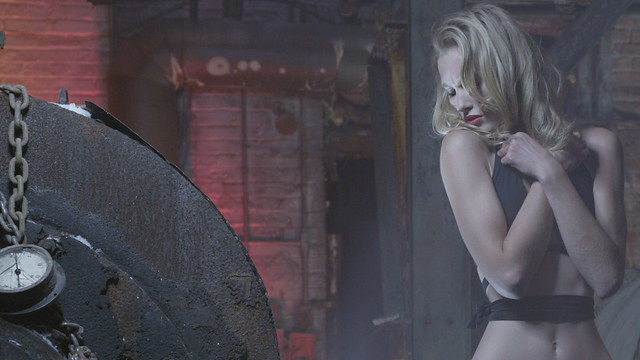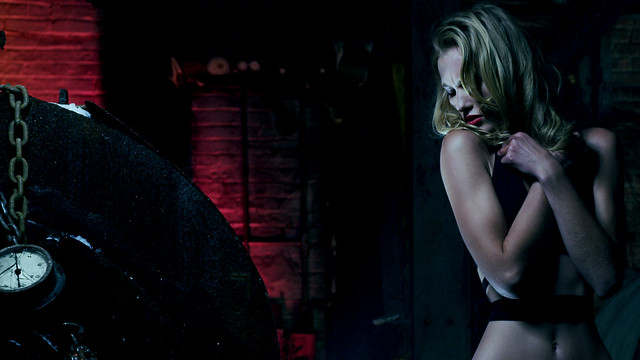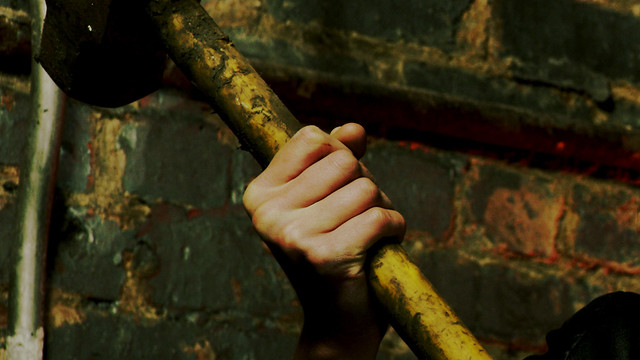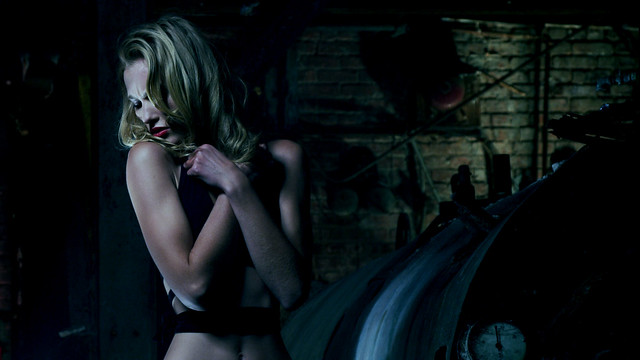As I watched 'Inland Empire' which was filmed entirely in SD, I wondered just how important is the camera(s) that I use for my short films. I have a D90 and a Sony CX150 that I've used extensively. I used to think that better camera = better picture but now I'm not so sure. I recently saw a couple of YT vids where people have rented red ones and made a short film. Some of these films didn't look much different that some that had been filmed with consumer cams and that got me thinking...
Maybe the camera is only as good the person operating it. Maybe with the proper lighting and cinematography, even a cheap, standard definition camera could be used to produce something worthy of the big screen. I know dynamic range and lenses play a big part in this but I dunno, what do you guys think?
If you gave Steven Spielberge a handicam and an amateur filmmaker a 7D, who do you think would come out with the better looking film?
Maybe the camera is only as good the person operating it. Maybe with the proper lighting and cinematography, even a cheap, standard definition camera could be used to produce something worthy of the big screen. I know dynamic range and lenses play a big part in this but I dunno, what do you guys think?
If you gave Steven Spielberge a handicam and an amateur filmmaker a 7D, who do you think would come out with the better looking film?









